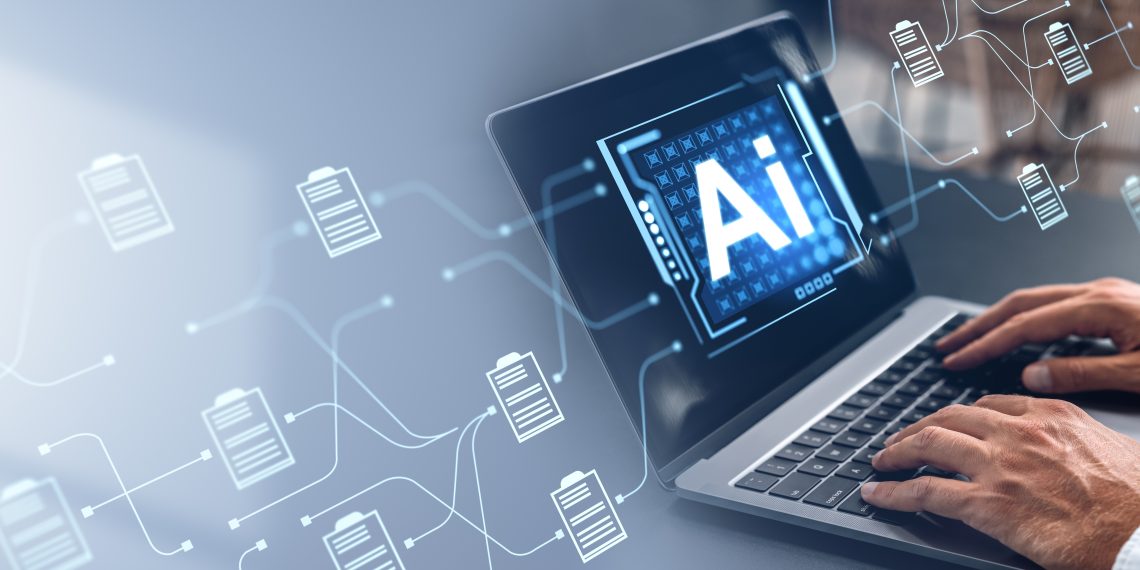OpenAI’s introduction of advanced AI agents is transforming how businesses and individuals manage digital tasks. These agents can now perform actions like booking restaurant tables or managing schedules based only on a user’s end goal, eliminating the need for step-by-step instructions. This shift toward autonomous digital experiences enables companies to streamline operations and reduce manual workload.
AI agents can handle a range of activities, including creating marketing content, managing calendars, researching online, and even conducting initial job interviews. By automating repetitive processes, organizations can cut operational costs and free up employees for more strategic work. For example, instead of manually comparing flight prices and booking tickets, an AI agent can analyze options and complete the booking process automatically, saving valuable time.
The benefits extend to enhanced data analysis and improved decision-making. AI agents can process large volumes of information, identify trends, and recommend optimal actions in real time. In marketing, these tools can generate targeted campaigns and content, allowing teams to reach audiences more effectively and boost ROI.
Despite fears about job losses, AI agents are expected to democratize access to professional services. Small businesses and individuals who previously couldn’t afford specialized help will gain AI-powered solutions. While AI handles routine tasks, humans remain essential for oversight, creativity, and complex problem-solving.
Practical examples include using AI to plan events—finding hotels and activities quickly—while humans make final choices. In recruitment, AI can screen candidates efficiently, but the ultimate hiring decision stays with people. As AI agents continue to evolve, their role as productivity boosters, rather than replacements for human expertise, becomes increasingly clear.









